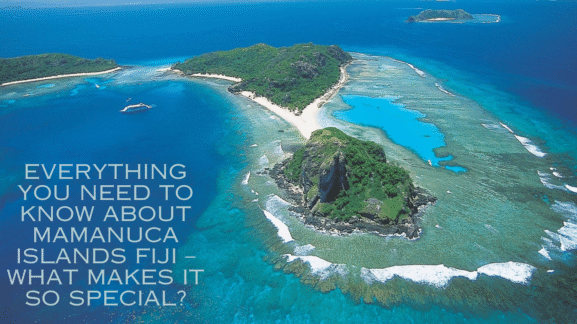Some like it hot! Firewalking in Fiji
Firewallking in Fiji simply has to be seen to be believed. It’s a traditional and amazing ritual that should be near the top of your Things To Do in Fiji list.
Firewalking is what it sounds like. Walking in bare feet over white-hot stones. A firewalker can not only walk across the smoldering stones, but can do so completely unscathed.
No burns, no pain – nothing!
Really. Firewalking is the ultimate test of faith and a rite of passage for many young Fijian men. Firewalking in Fiji is typically performed by men. Both iTaukei – indigenous Fijians and Indian-Fijians practice firewalking.
Let’s take a look at how it all began.
People have been practicing firewalking in societies throughout the world for hundreds of years. Evidence of this amazing ritual dates all the way back to 1200 B.C. in India.
Legend has it that firewalking began in Fiji around 500 years ago. It all started in the small village Nakarovu on Beqa Island. Beqa (pronounced “ben-ga”) is just off the southern coast of Fiji’s main island Viti Levu. Plenty of people flock there for its world-class diving and fishing, but firewalking is what really makes Beqa famous.
The story goes that a young man Tuinaiviqalita was searching for an eel near a river in his village. He wanted to give the eel as a gift to a village elder.
However, instead of an eel, Tuinaiviqalita caught a small spirit god – called a veli. The veli begged Tuinaiviqalita to let him go and promised to give him a magical power if he did so. The spirit god said that he would give the young man the power to walk on fire.
Tuinaiviqalita was curious and agreed to the deal. The veli dug a pit and filled it with river stones. He then started a fire and before long the stones were white hot. The veli bounded across the fire and then urged Tuinaiviqalita to do the same.
He did so, and was astonished to find that not only was it painless, but he had no scars or burns. The spirit god had clearly delivered on his promise and the young man kept his word and set him free.
And so began the tradition of firewalking in Fiji. The powers are said to have flowed down along the bloodlines of Beqa’s Sawau tribe.
His descendants can be found in Beqa villages such as villages of Rookwa, Dakubeqa, Dakuni, Soliyaga and Naceva.
We can see this fascinating ancient ritual on Beqa Island as well as several other special locations around Fiji.
Preparing for the firewalk is serious business. First of all, the firewalkers mustn’t consume any form of coconuts. Ancient legend warns that they’ll suffer burns if they do. They also have to stay away from women, and must focus on their upcoming mission.
This all starts 10 days before the ritual. On the day of the firewalking, villagers prepare the fire pit. They dig a hole roughly 3 meters long and 1 meter deep.
Next they collect large river stones and place them in a pit. Finally, they cover the stones with firewood and set it alight. This all takes places some 8 hours prior to the walk, allowing the stones to reach maximum heat levels.
They prepare for the performance by dressing in traditional costumes. This includes a bunch of tree vines tied around their ankle to provide strength for the walk.
The rocks are covered with leaves and branches and the firewalkers are welcomed to the arena with singing and dancing.
One by one they calmly make their way across the rocks. No-one shows any sign of discomfort or pain. In fact, it’s quite the opposite. The firewalkers seem to gain an incredible feeling of strength throughout the experience.
When every member has finished their firewalk, they gather together at the pit and break into a song. Their ankle decorations are then thrown into the fire where they lie smoldering for several days. The firewalkers then eat these tree vines to complete the ceremony.
Not just anyone can perform the firewalk. Only the descendants of Tuinaiviqalita and members of the Sawau tribe are permitted to do so.
The Hindu firewalking is a ceremony of purification and gratitude that originates from South India. People would implore the goddess Kali for rain by demonstrating their faith through firewalking.
You can witness this spectacular display on Beqa Island, as well as several Coral Coast resorts on the main island of Viti Levu. You can also see firewalking at Fiji’s Hindu temples during the full moon season between May and September.
Be sure to leave some space in your schedule to enjoy firewalking in Fiji. It’s not just a spectacular feat to witness but is also an ideal way to intimately experience a unique part of Fijian culture and history.
Just don’t try it at home.



